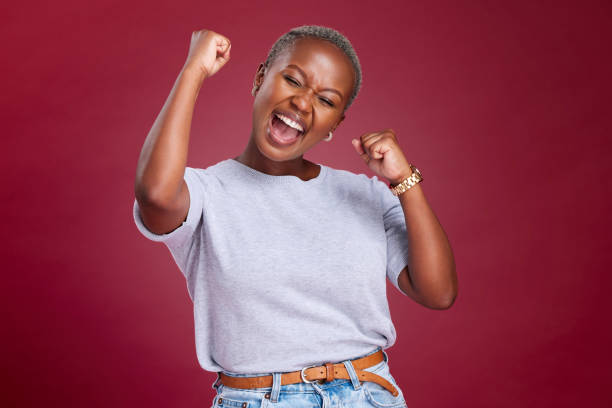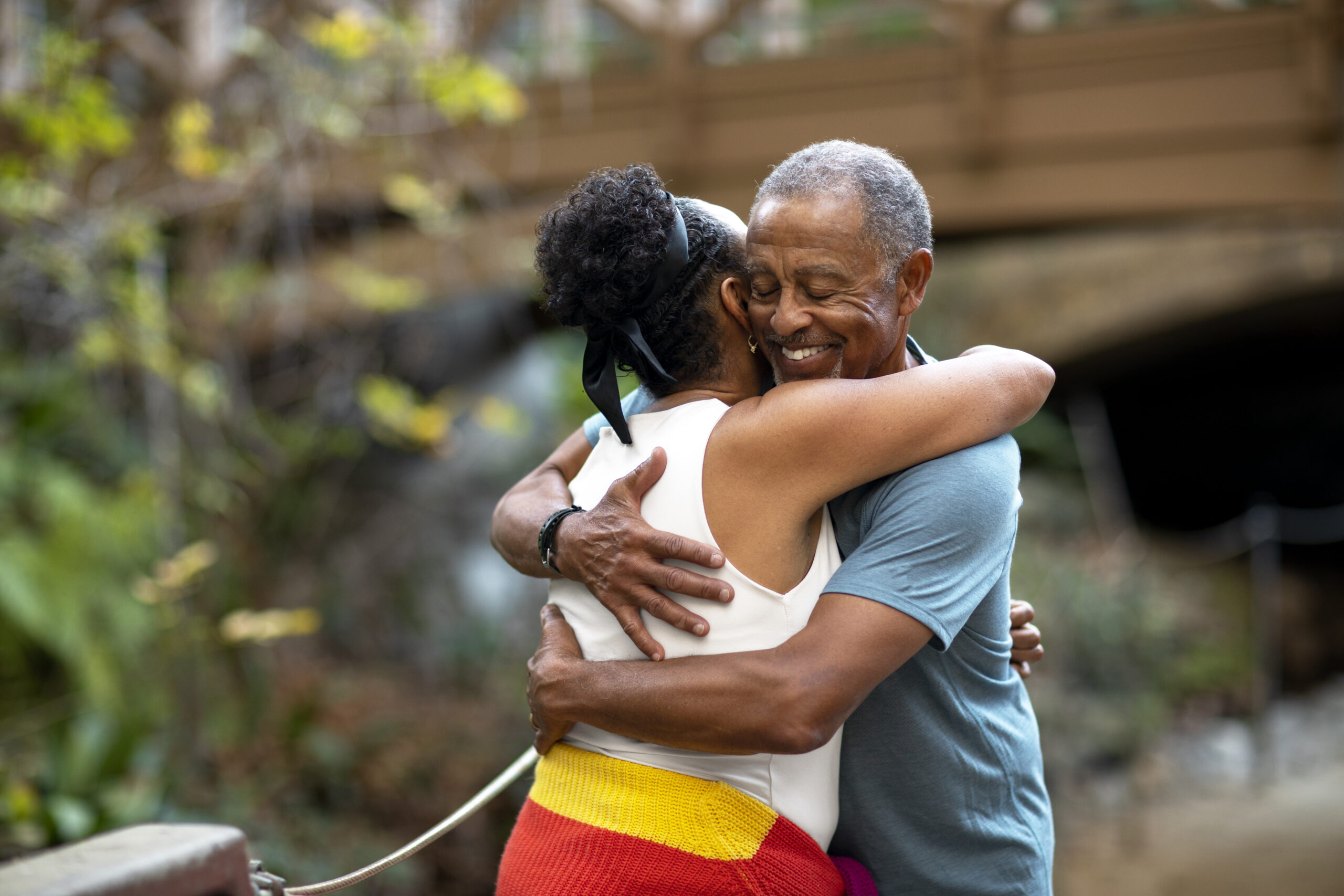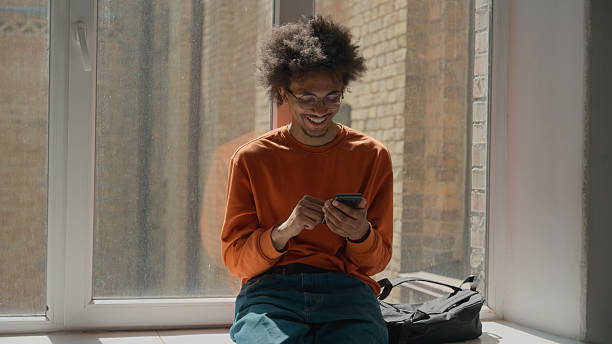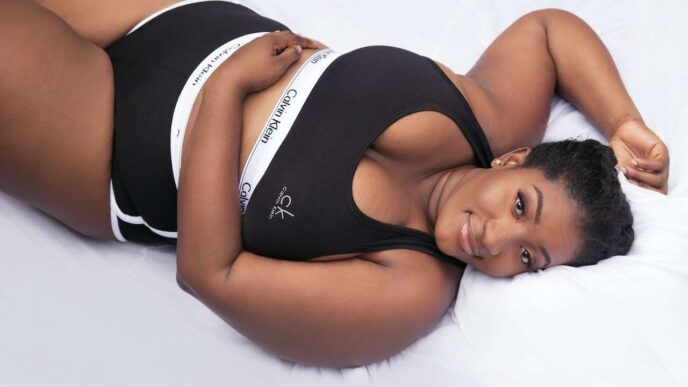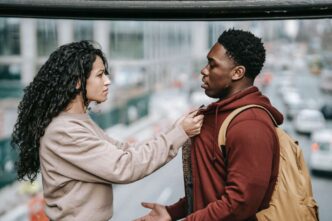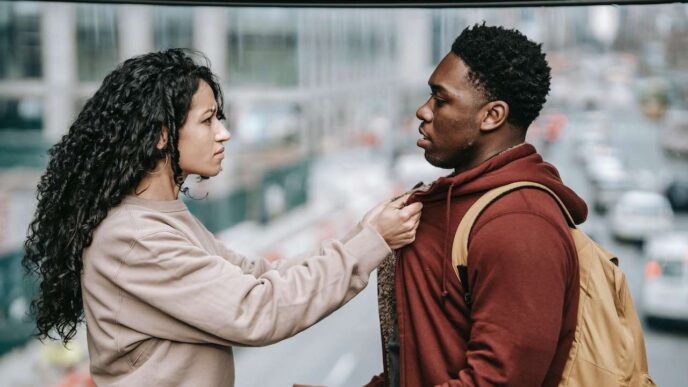Virginity at 30 is one of those topics people whisper about but rarely talk about openly. It’s whispered about, laughed about, and sometimes judged, but rarely understood.
If you’re a virgin in your thirties, you may feel misunderstood or judged. Society has a way of making it seem like everyone is doing it, and anyone who is not must have a story worth explaining.
The truth is, being a virgin at 30 is neither a scandal nor a mystery. It is a personal story that deserves respect, not shame.
Is It Normal to Be a Virgin at 30?
Yes, it is. While not the majority, many people reach their late twenties or thirties without having had sex. This can happen for many reasons: personal choice, faith, emotional readiness, health, or simply not having met the right person. Virginity does not make anyone less adult or less capable of love.
The pressure to “keep up” sexually often comes from media and peer culture, not real life. There is no universal timeline for intimacy. What matters is whether your choices align with your peace.
Why Virginity at 30 Still Feels Stigmatized
Modern culture treats sex as proof of confidence or maturity. Many people assume that sexual experience equals confidence or adulthood, which is why virginity often attracts unnecessary judgment.
Some may call a thirty-year-old virgin inexperienced. Others may treat them as overly religious or out of touch. Both views miss the point. Virginity is not a personality; it is a personal boundary, a decision, or sometimes just a circumstance.
This tension runs even deeper for Africans in the diaspora. Many grow up in cultures that praise chastity but live in societies that treat sexual experience as a mark of normal adulthood. It can feel like being pulled in two directions, trying to honour your upbringing while learning to adapt to a new culture.
Understanding that your value does not depend on either side is freeing. You are not strange for waiting, and you are not unworthy if you choose differently.
How Rare Is It to Be a Virgin in Your 30s?
It is less common, but not rare. Life paths vary widely. Some people marry early; others focus on career or self-growth first. Some wait out of conviction, while others simply have not felt ready or safe enough to take that step.
When you hear that most adults are sexually active by their late twenties, remember that “most” does not mean “everyone.” Choosing a different timeline does not make you the exception that needs fixing. It makes you someone who understands what they want and when they want it.
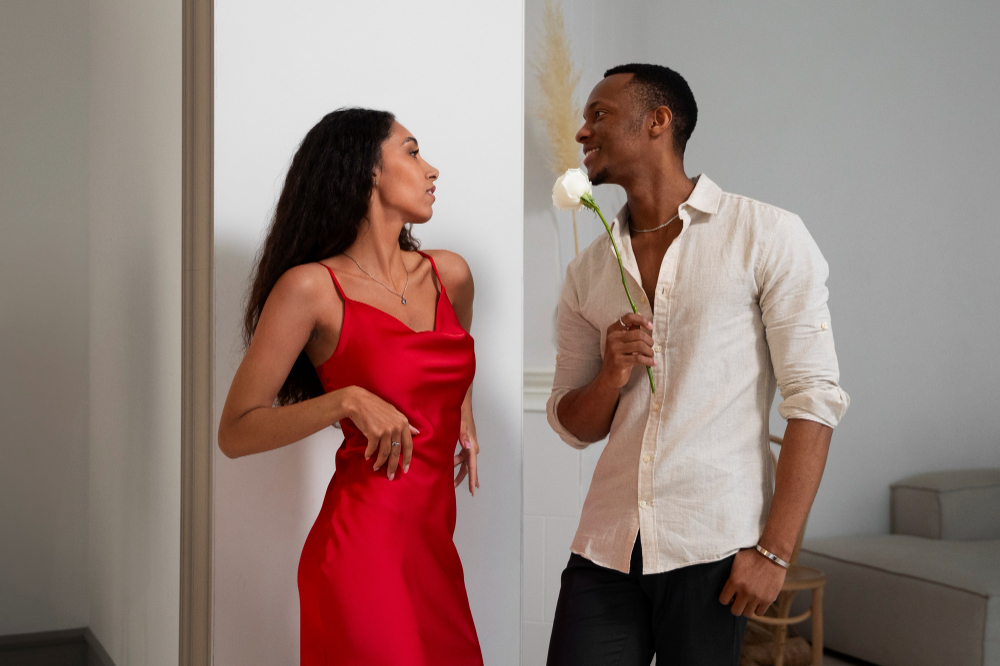
What Does Being a Virgin at 30 Really Mean?
It often means self-awareness. Many who wait do so intentionally. They want intimacy to grow from emotional connection, trust, and alignment of values.
For some, it is tied to faith and spiritual conviction. For others, it is about self-protection after trauma or disappointment. Some simply value deep love more than quick experiences. Whatever the reason, it reflects a person’s relationship with themselves, not their desirability.
Virginity is not a badge of honour or a source of shame. It is simply one way of living with intention.
Why Some People Think It Is a Red Flag
There is a lingering myth that being a virgin past 30 signals emotional immaturity or fear of intimacy. That assumption says more about society’s impatience than about those who wait.
People who choose abstinence often do so with deep clarity. They know what they want, they are not ruled by trends, and they take love seriously. None of that is a red flag. The real concern should be judgment, the quickness to label others for making different choices.
When a person stands firm in their convictions without judging others, that is maturity.
Dating as a Virgin in Your 30s
Dating while abstinent can feel like walking a fine line. Some people may admire your conviction; others may not understand it at all. The key is honesty delivered with confidence, not fear.
Be open about your values once you trust the person you are seeing. It helps filter out those who are not aligned with your boundaries. Choose partners who respect your timeline and see your decision as part of who you are, not something to change.
Intimacy is not only physical. Shared vulnerability, deep conversations, and emotional safety build bonds that last longer than chemistry.
How to Own Your Story
The choice to wait or to move forward with intimacy is deeply personal. Both require self-knowledge. If you have chosen to remain a virgin at 30, own that decision without apology. It does not make you naive or incomplete. It makes you grounded in who you are.
Avoid defining yourself by what you have or have not done. Define yourself by the love, peace, and respect you bring to every part of your life.
Choosing Peace Over Pressure
Love, intimacy, and readiness do not follow a clock. The right time is when you feel emotionally and spiritually aligned with your decision. The more you grow into yourself, the clearer that time becomes.
You deserve connection that honours your boundaries. You deserve love that does not question your worth.
If you are reflecting on your readiness for love and intimacy, explore The Love Compass, a collection of fun and reflective assessments designed to help singles and couples understand themselves, build stronger bonds, and navigate love with clarity.
You can also check out The Love Pantry for Singles, a guide that helps you build an extraordinary single life while preparing for a thriving relationship.
Peace begins when you stop comparing your timeline to anyone else’s.


